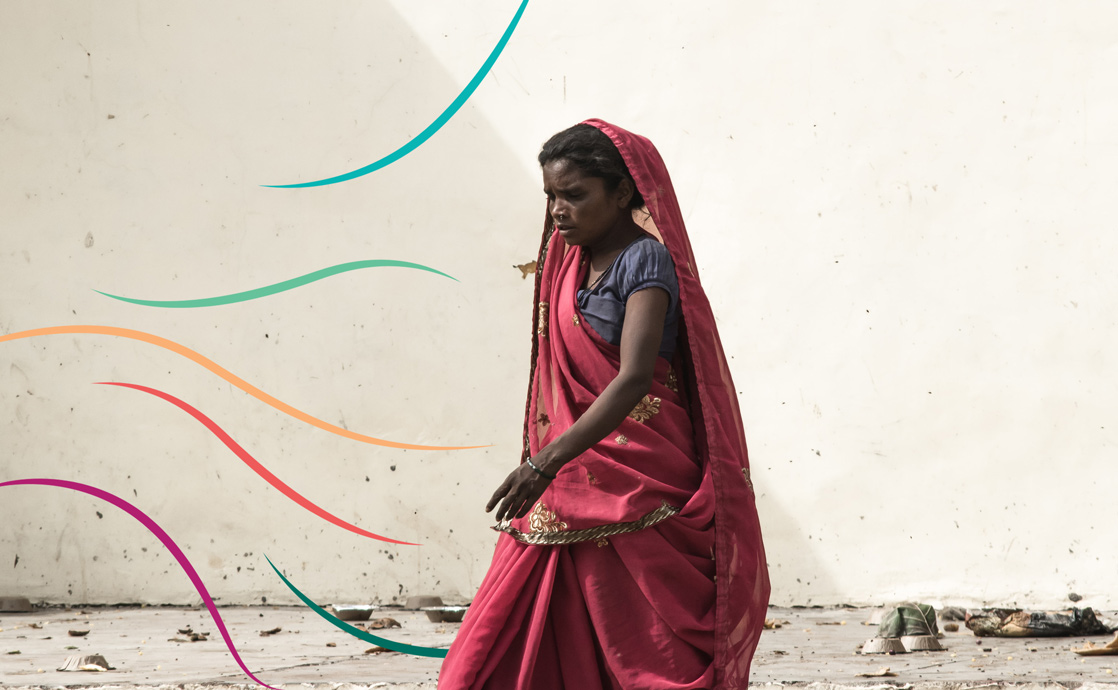In the celestial theatre of existence, the Bahá’í Faith emerges as a luminous beacon of unity amid the diverse tapestry of world religions. One of the cornerstone principles of this faith is the concept of “consorting with the followers of all religions.” This guiding precept invites individuals to transcend sectarian divides and engage in constructive dialogue with adherents of various faiths. Such engagement is not merely a call for tolerance; instead, it serves as an edifying invitation to explore the vast richness of divine wisdom that permeates all spiritual paths.
At the heart of this principle lies the understanding that all religions are interconnected strands of a singular divine narrative. Just as a rainbow comprises myriad hues that, when combined, create a harmonious spectrum, so too do the teachings of different faiths enrich our collective understanding of the Divine. By actively participating in discourse with followers of various traditions, Bahá’ís embrace diversity as a fundamental element of spiritual growth. This endeavor not only broadens one’s horizon but also fosters an appreciation of the unique histories, traditions, and insights that have shaped each religious community.
As Bahá’ís, the emphasis on unity is not a lofty ideal but a pragmatic call for action. The notion of consorting encourages individuals to muster the courage to engage, listen, and learn from others, transcending the superficial barriers that often polarize humanity. In this light, to consort is to extend one’s hand across the chasm of misunderstanding, fostering a genuine exchange that imbues relationships with depth and reciprocity.
Moreover, the Bahá’í teachings advocate for a spirit of humility in this interfaith dialogue. As one ventures into the gardens of diverse beliefs, it is paramount to approach each conversation with an open heart and a discerning mind. This humility cultivates an environment conducive to constructive discussion, where the objective extends beyond mere debate. Instead, it becomes a quest for mutual understanding, wherein the agitating clouds of dogma dissipate, revealing the radiant sky of shared spiritual aspirations.
Engaging with followers of different faiths also serves as a catalyst for personal spiritual transformation. The role of metaphor in this journey is profound; consider the experience akin to a symphony where each instrument contributes its unique voice. The melodies produced stem from diverse backgrounds and traditions, yet when harmonized, they evoke an indescribable beauty. In the same vein, the intermingling of varied religious perspectives creates a tapestry that is not only more colorful but also vibrantly alive. This symphonic interaction can lead to the profound realization that, despite doctrinal differences, the underlying themes of love, compassion, and justice resonate across all spiritual landscapes.
However, the act of consorting is not devoid of challenges. It requires a keen awareness of cultural sensitivities and an understanding of historical contexts that shape individual beliefs. The journey may, at times, be fraught with discomfort, as entrenched preconceptions come to the fore. Yet, therein lies the opportunity for deeper insights. Encountering opposition can elevate the discourse, prompting individuals to examine their beliefs critically while fostering respect for the convictions of others. This dynamic interplay can ultimately strengthen one’s own spiritual foundation, catalyzing growth amidst the challenges.
In addition, Bahá’ís are encouraged to cultivate environments that are conducive to this spirit of inclusivity. Community gatherings that celebrate the myriad festivals of different religions, interfaith dialogues, and shared service projects represent tangible manifestations of this commitment to consorting. Such initiatives create a vibrant atmosphere where individuals of all backgrounds can come together in fellowship, facilitating a mutual exchange of ideas and practices that emanate from the heart of their respective faiths.
The overarching narrative woven into the fabric of the Bahá’í teachings posits that the divine message is ever-evolving, adaptable to the changing needs of humanity. Every time followers of different faiths come together, there exists an opportunity for revelation and collective progress. This collective consciousness—an amalgamation of perspectives—stands as a testimony to the potency of unity in diversity. Like threads of a magnificent tapestry, each voice contributes to a narrative richer than could ever be told by one alone.
As one reflects upon the essence of consorting with followers of all religions, it becomes evident that this is not a passive pursuit but an active engagement. It is a dynamic invitation to participate in the unfolding story of humanity. Each conversation, each shared moment of reflection, becomes a brushstroke on the grand canvas of spiritual evolution. The Bahá’í invitation thus invites individuals to not only share in this narrative but to contribute their voice—to be both a listener and a participant.
In conclusion, the principle of consorting with followers of all religions within the Bahá’í framework serves as a multifaceted gem that reflects the beauty of interconnectedness. Through this practice, individuals embark on a transformative journey that not only enriches their lives but also fosters a more harmonious society. As Bahá’ís extend their arms to embrace the followers of diverse faiths, they invite all of humanity to recognize the profound truth that lies beyond the surface. Together, let us stride into the radiant horizon, hand in hand, weaving a future illuminated by understanding, compassion, and unity.
